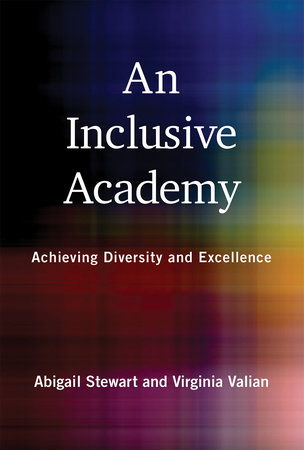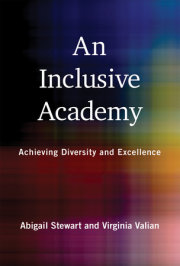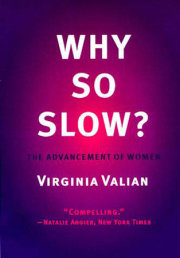Acknowledgments ix
Preface: Why This Book? xiii
I Why an Inclusive Academy Is Difficult to Achieve: Individual and Institutional Perspectives 1
1 Academic Ideals: What Keeps Some Out of Reach? 3
2 The Benefits of Diversity and Inclusion 41
3 Understanding Inequities: The Role of Schemas 71
4 How Careers Progress for Different Groups: Observational Data and Alternate Accounts 121
II How to Achieve an Inclusive Academy 167
5 Recruiting New Faculty: Developing a Diverse Pool and an Equitable Search Process 169
6 Evaluating Job Candidates: Choosing the Short List and Treating Interviewees Equitably 201
7 Retaining Faculty: Building Community in the Academic Workplace 243
8 Facilitating Faculty Success 289
9 Evaluating and Promoting Faculty 325
10 Recognizing Faculty Accomplishments 373
11 Changing Institutions: The Roles of Formal Leaders, Informal Leaders, and All Faculty 415
Conclusion: Making Institutional Changes That Last 449
Author Index 461
Subject Index 481











